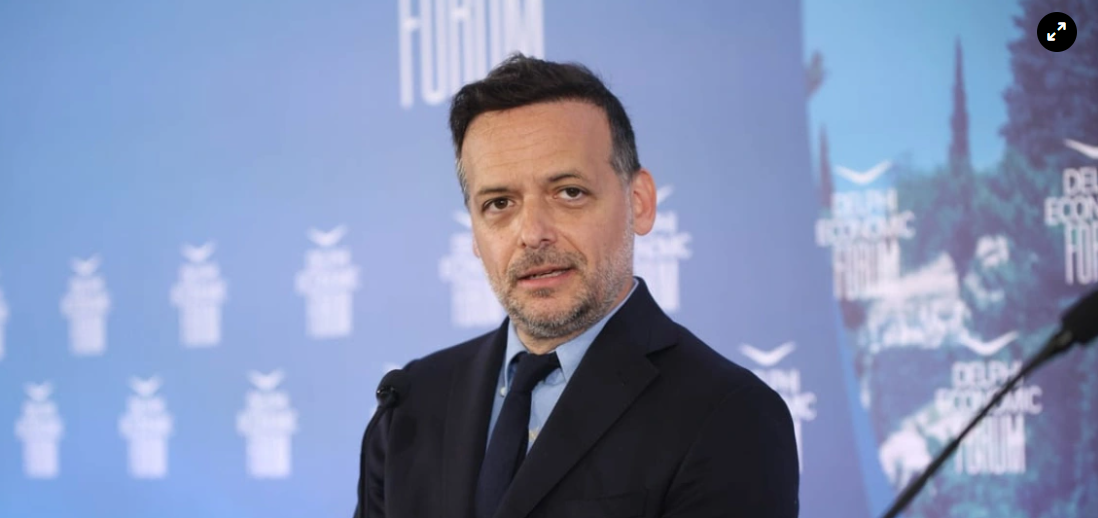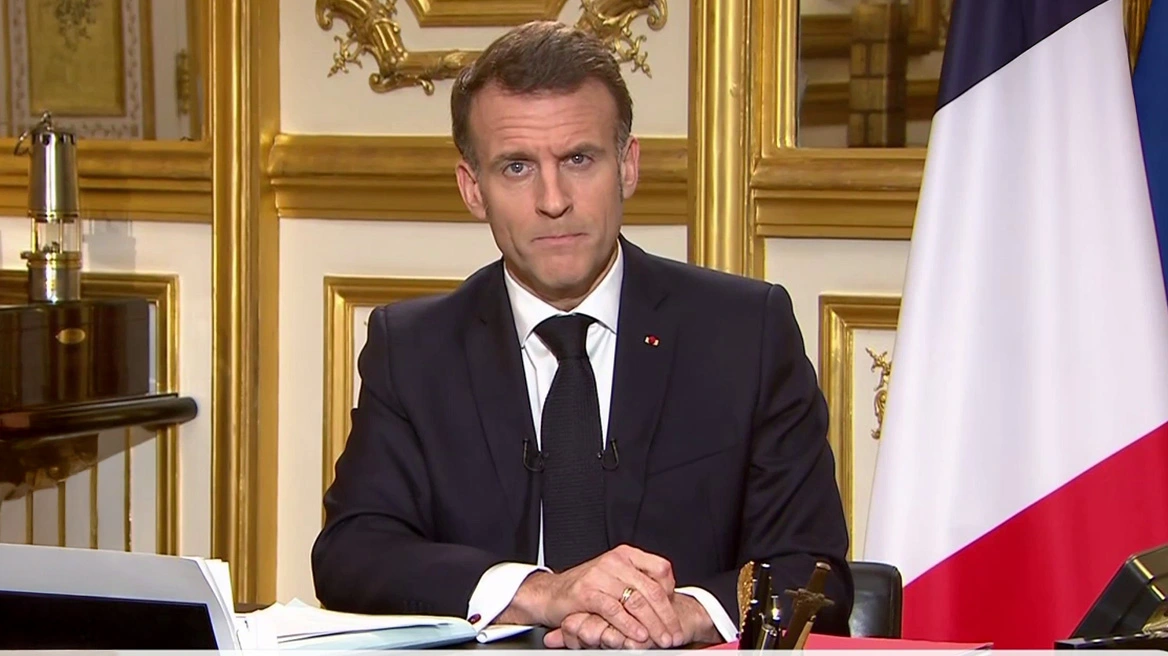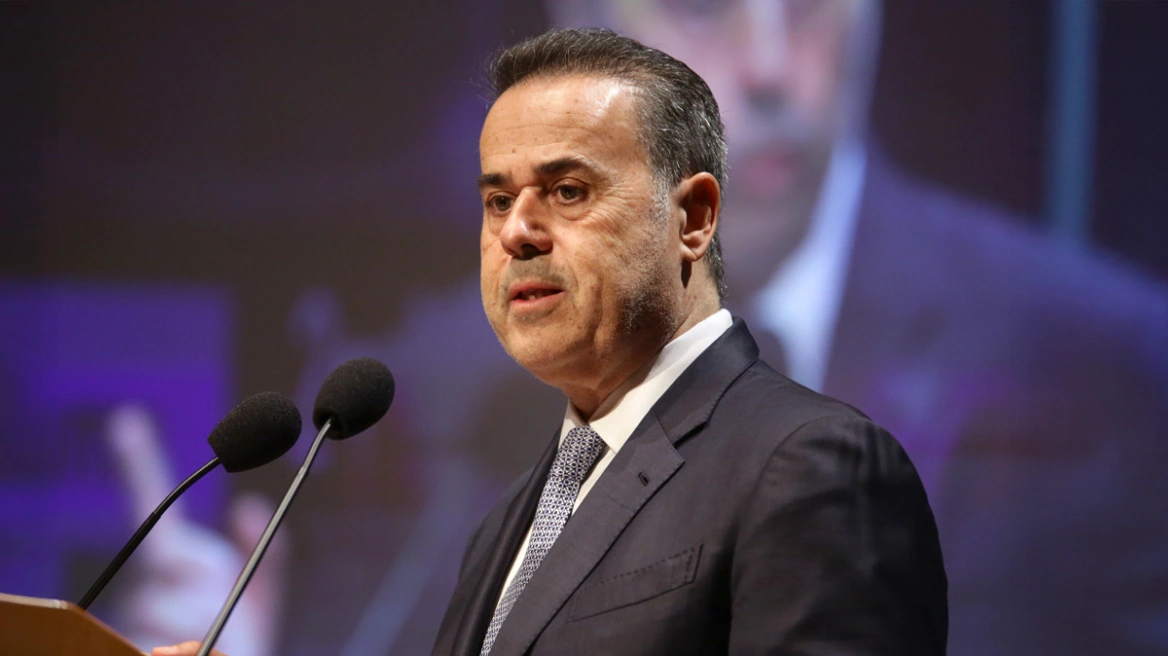In positive and negative prospects that are emerging for the city of Athens in the coming years, against the backdrop of increased tourist activity and the need for more green spaces, Athens Mayor Haris Doukas focused his discussion. Speaking to ERT’s Andriana Paraskevopoulou within the framework of the 9th Delphi Economic Forum, Mr. Doukas stated that tourist activity has increased significantly in the municipality of Athens, with positive aspects of this phenomenon being wealth, the development of restaurants, bars, and activities, but there are already areas that are over-saturated.
“We need to keep the city clean, but now for 7 million people, as tourism has tripled. New tools, new ways, and structures are needed for this to happen, otherwise the residents themselves will have a problem,” noted the Mayor of Athens. In this context, he mentioned that there are considerations for the Municipality to receive a percentage of the increased turnover of hotels, adding that there is already a resilience fee, but it does not return to the city.
He emphasised that there is also the transient occupancy tax, which was 2% and reduced to 0.5% instead of increasing. “Hotel revenues in 2023 increased by 23%, reaching 11 billion euros, while the Municipality was poorer; there should be a contribution for the wealth to be distributed. Those who benefit from the city’s infrastructure should give back to the city. The needs are different in each city; it is up to each Municipality to determine the percentage of this return, even the hotels want this.”
The new “map” of Greek real estate
Regarding pocket parks, Mr. Doukas pointed out: “It’s a nice concept, but it doesn’t solve the main problem, which is the climate crisis. We have very high pollution, and we have been taken to court by the European Commission for not taking measures.”
Furthermore, the Mayor of Athens disagrees with tolls within the city: “I do not agree banning cars from Athens through such procedures. We can strengthen public transportation and create pedestrian areas on the weekends.”
At the end of his presentation, Mr. Doukas emphasised that it is crucial what will happen with high summer temperatures, and in response to Andriana Paraskevopoulou’s question, stating how Athens can become a “smart” city: “The smart city is not the goal; it is the means. The goal is not digitisation or selling gadgets; the goal is a sustainable, clean, and inclusive city, and how we can incorporate technologies into it. For example, how to use artificial intelligence in cleanliness.” He added that there are 20 million euros from the Recovery Fund for the creation of smart neighborhoods, their “greening,” and the integration of artificial intelligence into daily life.
Ask me anything
Explore related questions





